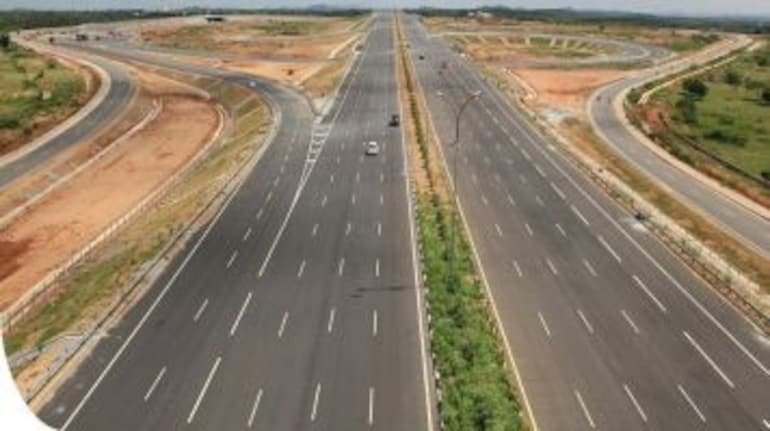



Moneycontrol Bureau
The rate of stalling of projects has reduced over the last three quarters, said the Economic Survey.
Stalled projects accounted for 7 percent of GDP in the December quarter, compared with 8.3 percent during the same period last year.
The key now was to revive public investment to grow infrastructure, the Survey said.
It said the revival of interest by private players and banks in public private partnership (PPP) would require a review of contracts, with burden sharing amongdifferent stakeholders.
Lenders may have extended credit without necessary due diligence, assuming that projects were implicitly guaranteed. Similarly, many bidders may have assumed that they could renegotiate in the event of negative shocksWithout burden sharing, this behaviour will be reinforced, the Survey warns
Five flaws in the existing PPP contract structure, according to the Survey:
* Existing contracts focus more on fiscal benefits than on efficient service provision. For example, in port and airport concessions, the bidder offering the highest share of gross revenue collected to the government is selected.
Successful bidders then charge a higher cost for their services to recover costs.
* Contracts neglect principles allocating risk to the entity best able to manage it. Instead, unmanageable risks, e.g., traffic risk in highways, even though largely unaffected by their actions, are transferred to winning bidders
* The default revenue stream is directly collected user charges. Where this is deemed insufficient, bidders can ask for a viability grant, typically disbursed during construction. This structure leaves the government with no leverage in the case of non-performance
* There are no ex-ante structures for renegotiation. If a bureaucrat restructures a project, there are no rewards; instead it may lead to investigation for graft.
* Contracts are over-dependent on market wisdom, e.g., bidders in ultra-mega power projects (UMPP) could index tariff bids to both fuel prices and exchange rates, but almost all chose very limited indexation. When fuel prices rose and the rupee fell, these bids became unviable.
Three solutions proposed by the Survey:
First, it is better to continue combining construction and maintenance responsibilities to incentivise building quality.
Second, risk should only be transferred to those who can manage it. In a highway or a railway project, it is not sensible to transfer usage risk since it is outside the control of the operator. But, it can be done in telecom projects and for individual port terminals that compete with each other, where demand can respond to tariff and quality.
Third, financing structures should be able to attract pension and insurance funds, which are a natural funding source for long-term infrastructure projects
The Survey also said efforts were needed to reform direct tax system.
Also, the survey has also recommended that all stressed highway projects could be switched to electronic tolling.
Discover the latest Business News, Sensex, and Nifty updates. Obtain Personal Finance insights, tax queries, and expert opinions on Moneycontrol or download the Moneycontrol App to stay updated!
Find the best of Al News in one place, specially curated for you every weekend.
Stay on top of the latest tech trends and biggest startup news.